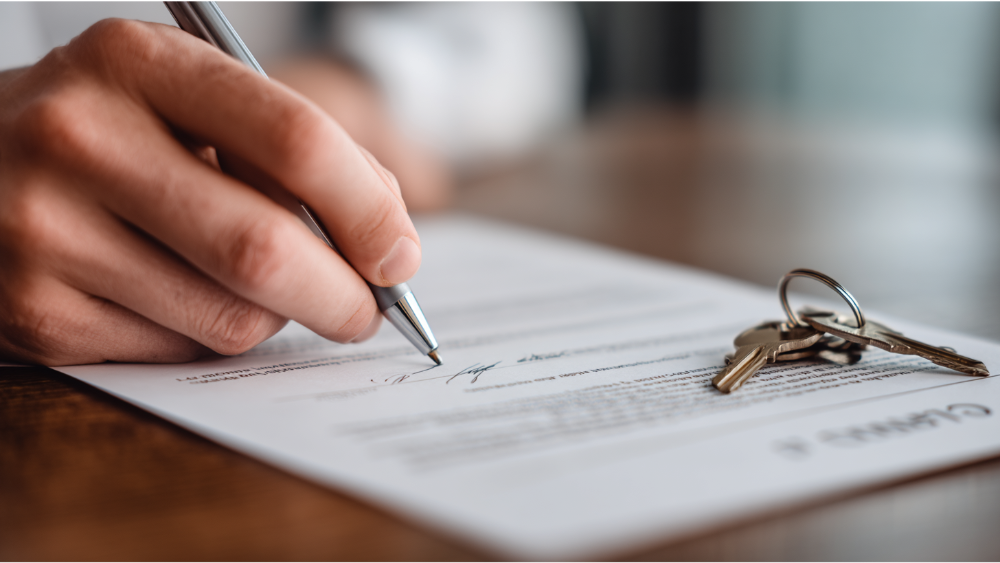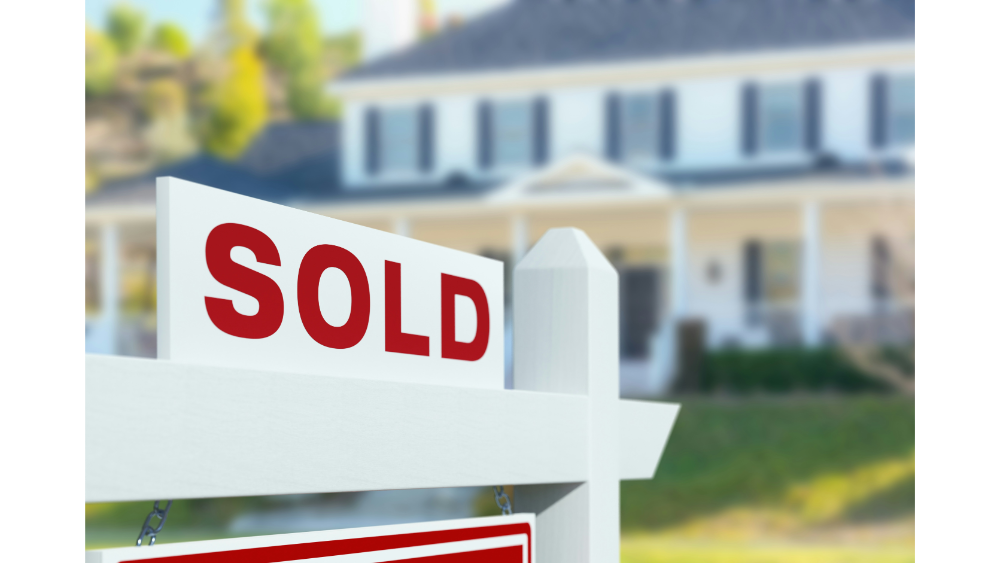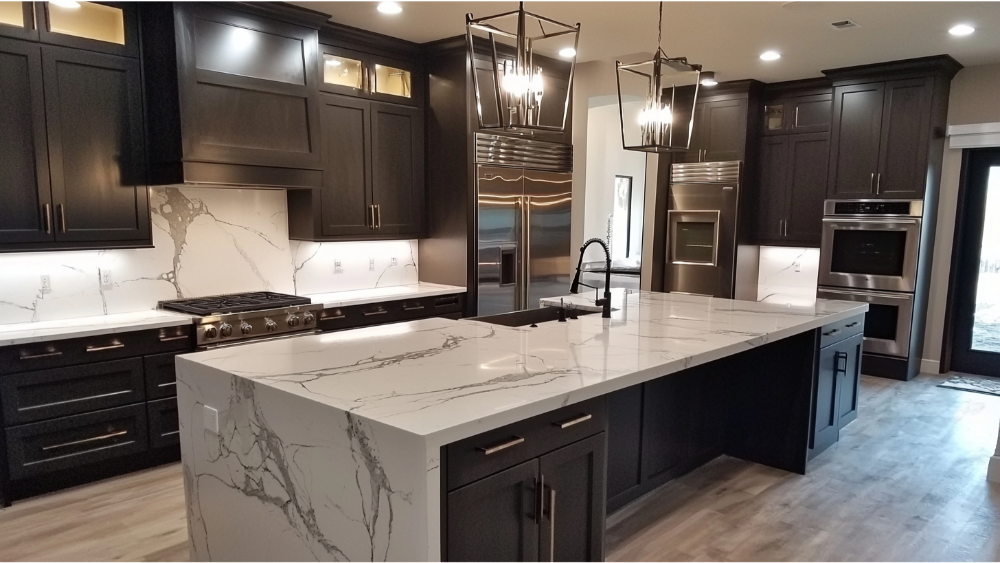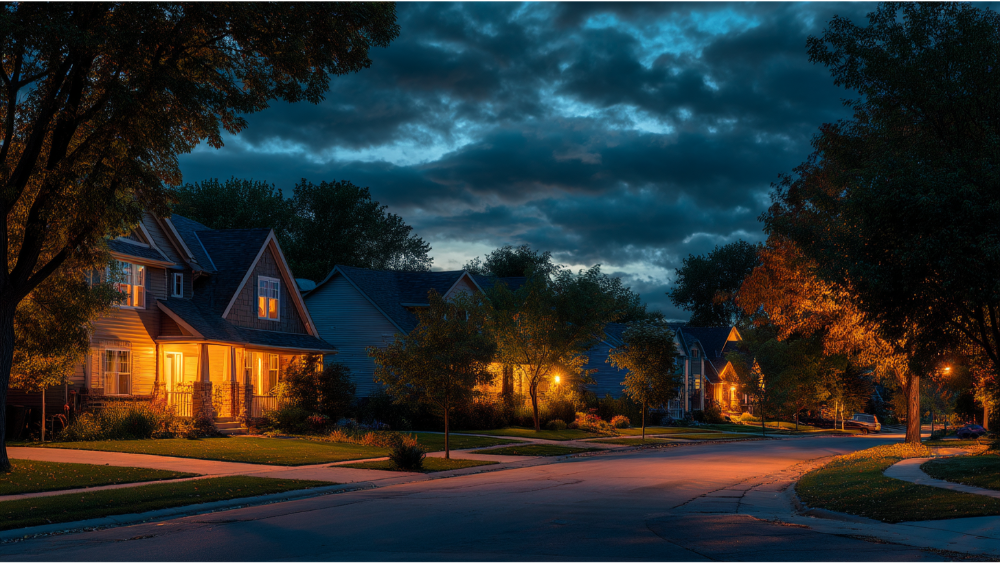What If I Can’t Afford Closing Costs? Here’s Everything You Need to Know

Buying or selling a home involves more than just negotiating the price and signing paperwork. One of the most common and overwhelming challenges in the home buying process is dealing with closing costs. If you’ve ever asked yourself, “what if I can’t afford closing costs?”, you are not alone. Many home buyers and sellers find themselves in this exact situation.
At Property Sales Group, we specialize in helping homeowners navigate complex real estate situations with ease and transparency. If you're worried about how to afford closing costs, this guide will walk you through your options, introduce proven strategies, and help you take confident steps forward, whether you're buying a home or preparing to sell.
What Are Closing Costs?
Closing costs are the combination of fees and charges that both buyers and sellers pay during a real estate transaction. These costs are due at the end of the process, often referred to as the closing day, when ownership officially transfers from seller to buyer.
Common Closing Costs Include:
- Lender fees, including origination fees and underwriting fees
- Title insurance and title search charges
- Escrow account setup fees
- Recording fees and transfer taxes
- Appraisal fees and credit report fees
- Attorney fee, if using a real estate attorney
- Insurance fees such as homeowners insurance
- Property taxes and prepaid interest
- Loan application fees from your mortgage lender
For buyers, closing costs typically range from 2 to 5 percent of the home's purchase price. That means for a $500,000 home, you could be looking at $10,000 to $25,000 in closing costs upfront. If you can’t afford closing costs, these numbers can be a serious barrier to completing your home purchase.
What If I Can’t Afford Closing Costs?

If you're unable to afford closing costs, don’t panic. There are options designed specifically to help home buyers and sellers in your situation. The first step is understanding where your financial gaps are and what resources are available to bridge them.
Many people discover the issue after receiving their loan estimate, which is the document that outlines all anticipated expenses in the closing process. If your loan amount stretches your budget, those upfront closing costs can quickly feel out of reach.
Closing Cost Assistance Programs: What They Are and How They Work
There are various types of closing cost assistance programs available to home buyers. These include federal, state, and local options designed to help with both down payment and closing cost assistance.
Types of Assistance Programs
- Down payment assistance programs that also cover closing costs
- Grants that do not need to be repaid
- Deferred-payment loans that are repayable only when the home is sold or refinanced
- Forgivable loans that are erased after a certain period of time
Many of these programs offer low interest loans to qualified buyers, especially those with a good credit score. Most payment assistance programs have income limits, require you to use the home as your primary residence, and may ask for completion of a homebuyer education course.
Seller Concessions and How They Can Help
In many cases, a motivated seller may be willing to cover closing costs to help complete the deal. These are known as seller concessions. A real estate agent can negotiate this into your contract, often covering 3 to 6 percent of the purchase price.
For sellers in a competitive market, offering to cover closing costs can also attract more buyers. If you’re selling and worried about covering your portion of the costs, Property Sales Group covers all seller closing costs when we buy your house, helping you move forward without stress or delay.
Lender Credits, No Closing Cost Mortgages, and Closing Costs Waived

Another option is lender credits. With this strategy, the mortgage company agrees to pay closing costs upfront in exchange for a slightly higher interest rate. It’s a popular way to reduce or eliminate upfront closing costs, especially for first-time home buyers.
While you may pay more over time due to a higher monthly payment, the tradeoff is avoiding thousands of dollars at the closing table. Many lenders also offer a no closing cost mortgage, where fees are rolled into the loan principal or covered by lender pay incentives.
In some cases, certain closing costs can be negotiated or closing costs waived depending on the lender and loan program.




